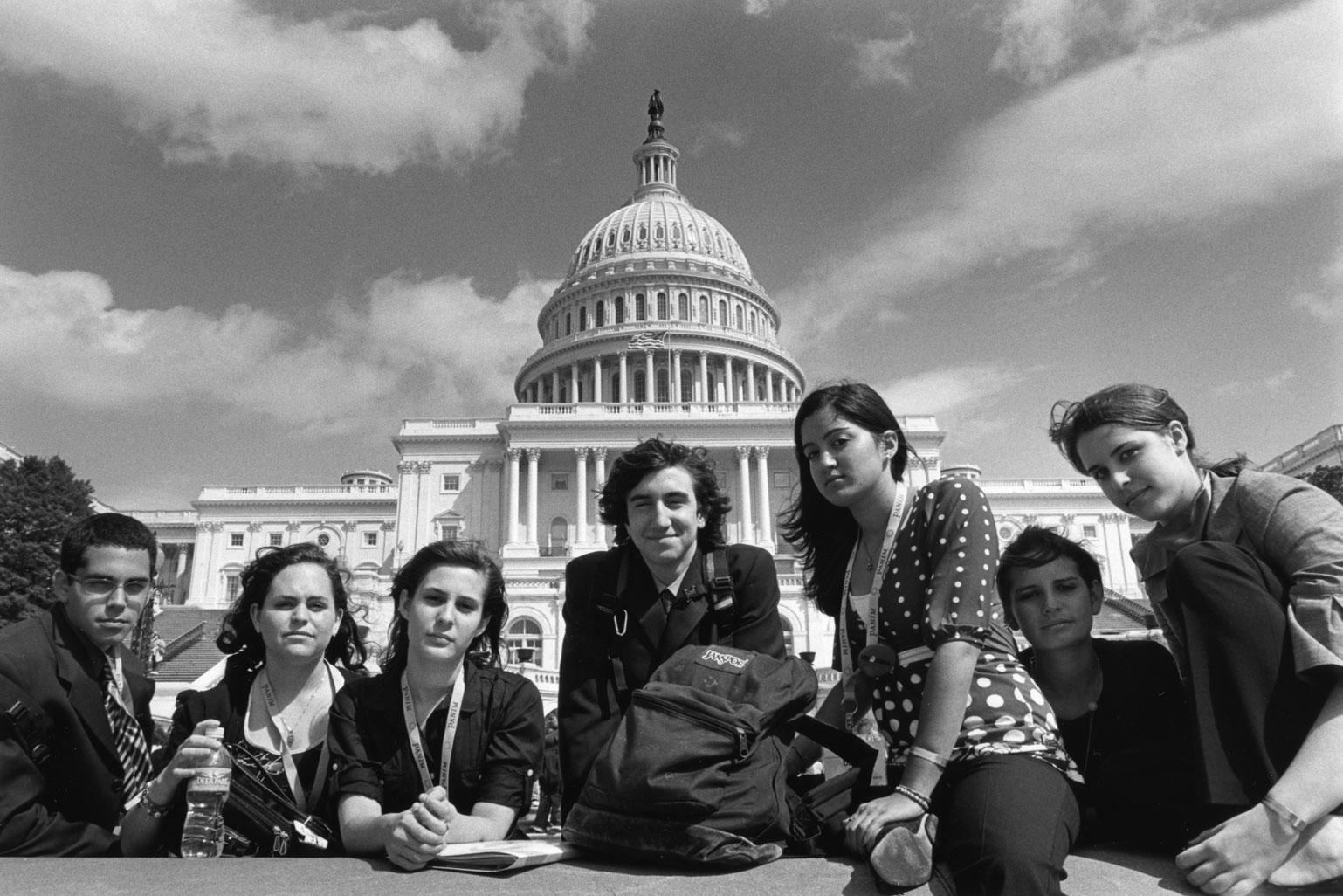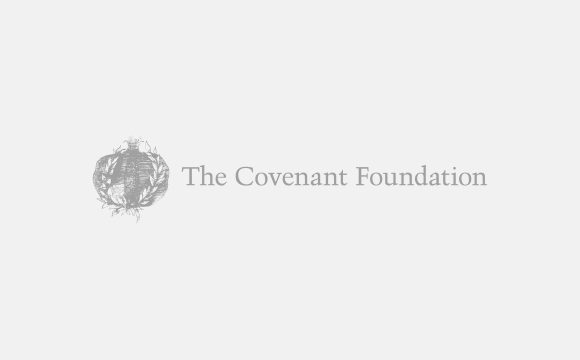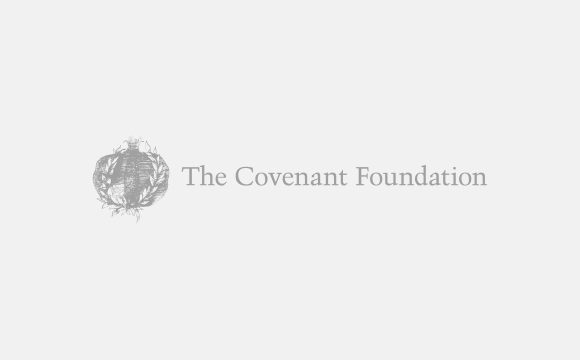Reflections on Civil Discourse and Civic Engagement: Jewish Theology Believes in Radical Responsibility
Rabbi Shai Held, President, Dean, Chair in Jewish Thought, Mechon Hadar
How has your rabbinate changed, in light of current events and the political season we’re living through?
The more time I spent teaching certain texts—primarily biblical texts about how the God of the Torah is preoccupied with the status of the most vulnerable in society—the more I felt that I needed to engage more fully in acts of justice and the fair distribution of resources in society. While one can’t make a one to one correspondence between Torah text and contemporary policy questions, I do think you can learn an ethos and a sense of goals to which we might aspire, that the Torah puts forth. This has become increasingly obvious and important to me in the last few years.
In practice, this change in my rabbinic work has manifested in a few ways. Since the election, people have needed an immense amount of pastoral care in coping with the shock and terror that they are feeling in light of our new political reality. This is not a small part of what I’ve spent my time doing. Further, with my colleagues’ and board’s support, I’ve been spending more time in a public intellectual role, writing on CNN.com, creating a new lecture and dialogue series at Hadar which responds to the political moment by bringing Torah to bear in sophisticated ways. And, perhaps surprisingly, I have found that Facebook has become a part of my rabbinate; Facebook has provided me with a platform, a natural outgrowth of my work in theology and teaching, a place to be engaged in more political questioning, to have ongoing dialogue. It’s not easy, and the online landscape can be toxic. But I am committed to creating an online space where people can talk and where I can respond to my community.
What do you see as the direct application of studying Torah to civic engagement?
My [political and social] activism is driven by a set of religious commitments and I think that Jewish theology believes in ‘radical responsibility.’ This is a time to wrestle with what that directive requires of us. A text that I’ve been thinking about a lot is one where Ibn Ezra states that one who oppresses and one who witnesses oppression and says nothing have the very same status. According to the Torah, there is no such thing as an innocent bystander.
The Torah tells us, in Deuteronomy 10:18-19, that God loves gerim—immigrants, refugees, those who fled from their native land and came to live with you. God loves the ger, and you, too, must love the ger. So it follows then, that if you want to love a God and serve a God who is on the side of the vulnerable, then it is also your responsibility to stand up on the side of the vulnerable. You cannot be preoccupied with the God of justice and remain indifferent to questions of justice. Good people can disagree with what justice requires of us, but there isn’t room for disagreement about our responsibility to engage.
Torah is always asking us, ‘nu, what now?’ I want people to engage at that level. I want people to be challenged, inspired, and provoked. To ask themselves, ‘what am I responsible for, who am I responsible to?’”
Related Content:


